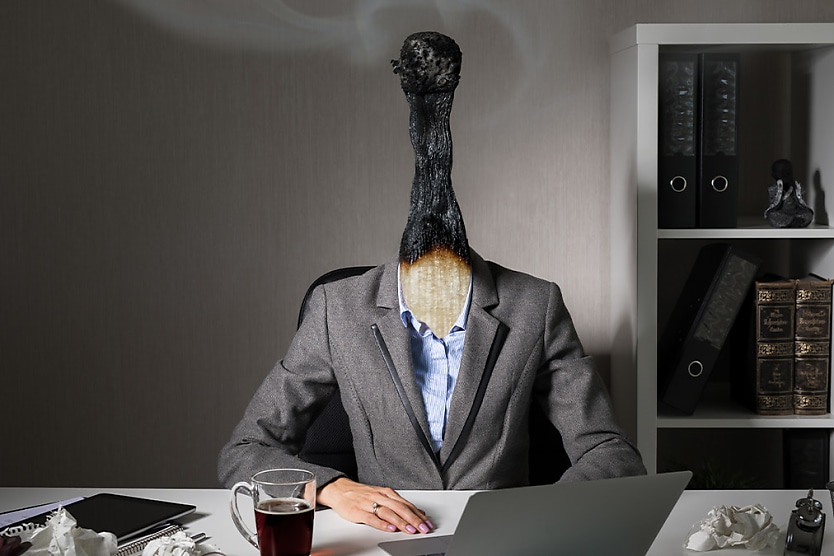Managers, colleagues often interrupt personal leave, survey finds
SHARE THIS ARTICLE

Half of the lawyers who reported taking leave for burnout have said they either still worked or were contacted by a manager or colleague.
About a third of the 67 per cent of lawyers who experienced burnout in the last 12 months took personal leave to recover, but most of them still spent their time working, results from the College of Law’s Law Forward: Legal Industry Satisfaction Survey 2024 revealed.
The survey also indicated that half of the lawyers who did take leave were contacted by a colleague or manager, which prevented them from disconnecting from work to recover from burnout.
“Some findings are challenging to confront,” College of Law’s CEO Neville Carter said in his executive summary.
“Nevertheless, we believe they can guide improvements in individual career outcomes, organisational resilience, and the broader legal profession.”
Of the more than 1,000 lawyers surveyed in August and September 2024, just under 40 per cent said they had experienced burnout either in the week or the month prior to their responses.
The majority of those who reported burnout were younger lawyers and full-time office workers. Women were also more likely to report burnout and to take leave, indicating a stronger stigma is still attached to men’s mental health support.
Just over 60 per cent said they worked less than 44 hours a week, followed by 16 per cent who worked between 45 and 49 hours, and a further 20 per cent who reported more than 50 hours. Just under 20 per cent said they felt pressured to work overtime.
However, with the average hours worked between 35 and 44, the burnout results have painted a stark picture of the impact a legal workplace’s negative culture can have on its staff.
Carter said that of those who have experienced burnout, they suggested a number of changes to curb this, such as “flexible work arrangements, workplace cultures that support wellbeing and giving employees the right to disconnect as optimal solutions”.
This was in line with the College of Law’s finding that just under 30 per cent of respondents who have considered leaving would stay at their current jobs if flexible work arrangements were made.
While most respondents gravitated towards those three arrangements, 21 per cent said they would like senior staff to be held more accountable for the way they treat staff, and another 19 per cent said they wanted the “right to disconnect” to be upheld in their workplace.
A further 17 per cent wanted managers who were better equipped to support them and to have a culture that supports mental health days.
While just under half of lawyers said that their workplace supports taking time off for mental wellbeing, 33 per cent reported lodging their time off for burnout as either sick leave or annual leave.
RELATED TERMS
Employees experience burnout when their physical or emotional reserves are depleted. Usually, persistent tension or dissatisfaction causes this to happen. The workplace atmosphere might occasionally be the reason. Workplace stress, a lack of resources and support, and aggressive deadlines can all cause burnout.
